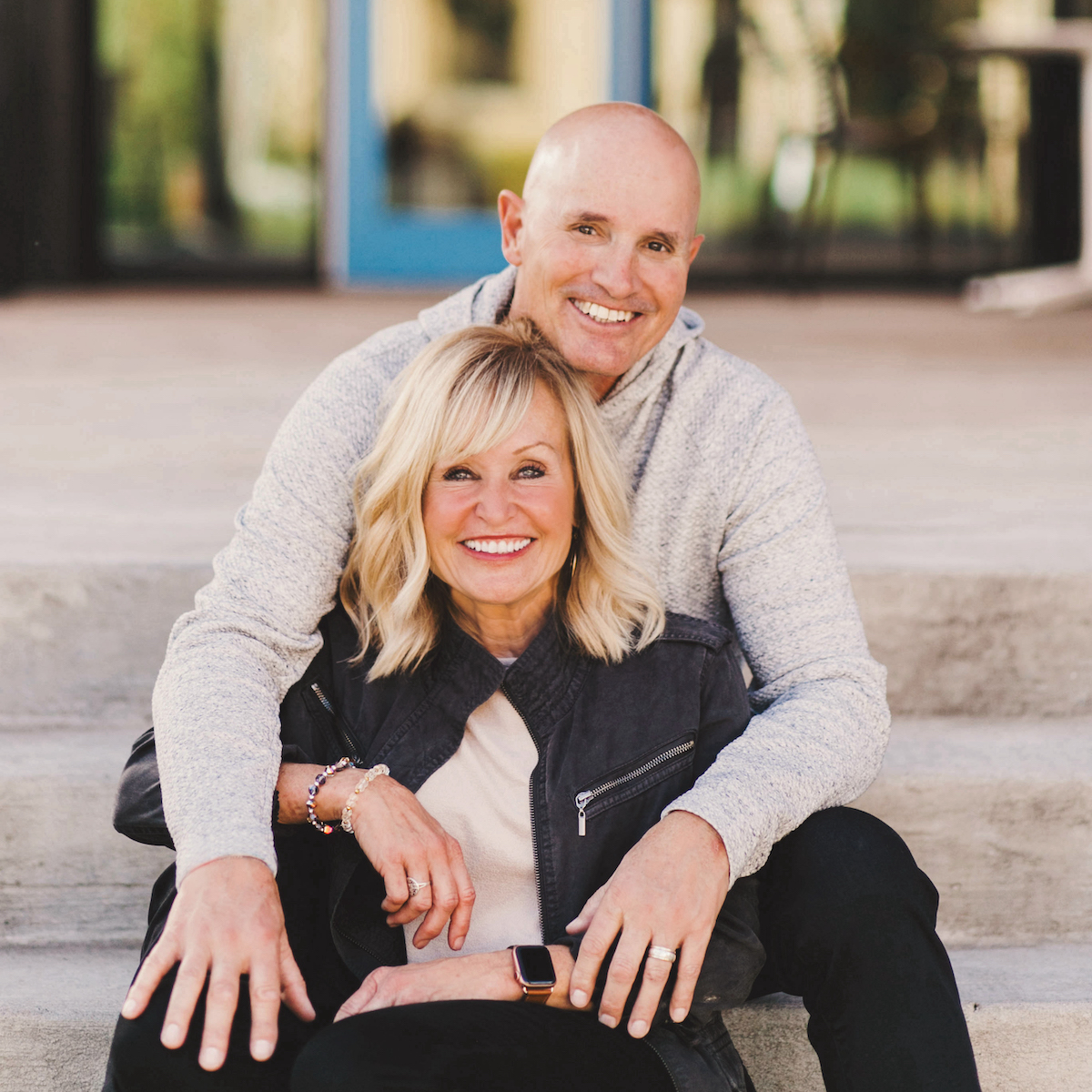We know we’re supposed to be anxious for nothing, but in reality right now there’s a lot of anxiety – and our kids experience it too. So how do we help our kids recognize, address and turn to God when they’re feeling anxious? Dr. Kara Powell from Fuller Youth Institute shares 5 steps to use with an anxious child using the acronym A.B.C.D.E.:
1. Ask them.
On a scale to 1-10, how anxious are you feeling right now?
- 1-3 not anxious for anything, feeling good.
- 4-6 feeling anxious, need to talk, take a walk, change things up, get perspective.
- 7-10 anxiety is attacking my sense of self, control; producing fear, dominating my thoughts, “I need help.”
- If your child is feeling like they’re at a 9 or a 10, that’s an urgent situation, and they need to talk with a mental health professional.
2. Breathe.
Literally take a deep breath and invite your child to do the same. Adrenaline surges when we’re anxious, breathing is like a brake pedal on that process. “Let’s breathe together – close your eyes and breathe with me.” And yes, there’s an app for that!
3. Center on a helpful truth.
What is something that serves as a mental anchor to which you can turn in a moment of rising anxiety?
Is it a song?
- It Is Well With My Soul
- Emmanuel
- On Christ the Solid Rock I Stand
Is it a verse of scripture?
Is it a truth about God you’ve experienced?
- Remember that time you thought _______ but God showed up and _______.
4. Develop your team.
You are not alone and you do not have to do it alone. Develop a team of caring adults with whom your child can talk with. Here are some examples,
- Coach
- Youth leader
- Teacher
- Parent of a friend
- Aunt, uncle, older cousin, grandparent
- Pastor
- Counselor
5. Empower through empathy.
Display the power of empathy for your children. If it feels like _______ to them, and those feelings are real, empathize. But then help them move from there to a next step by saying phrases such as, “That stinks” or “That’s hard,” or “That sounds painful.” “What do you think you can do to move forward? How do you think you can make it better? What can I do to help you take one positive step forward right now?” So much good relationships and good parenting is to empathize with what the other person is going through.
Listen to my recent conversation with Kara Powell
Prior conversations between Carmen and Kara on “Growing With” can be found here.
Visit FullerYouthInstitute.org/AnxiousWorld for more resources including Kara Powell’s podcast, and be sure to check out the ‘Parents’ tab on Fuller’s home page.






